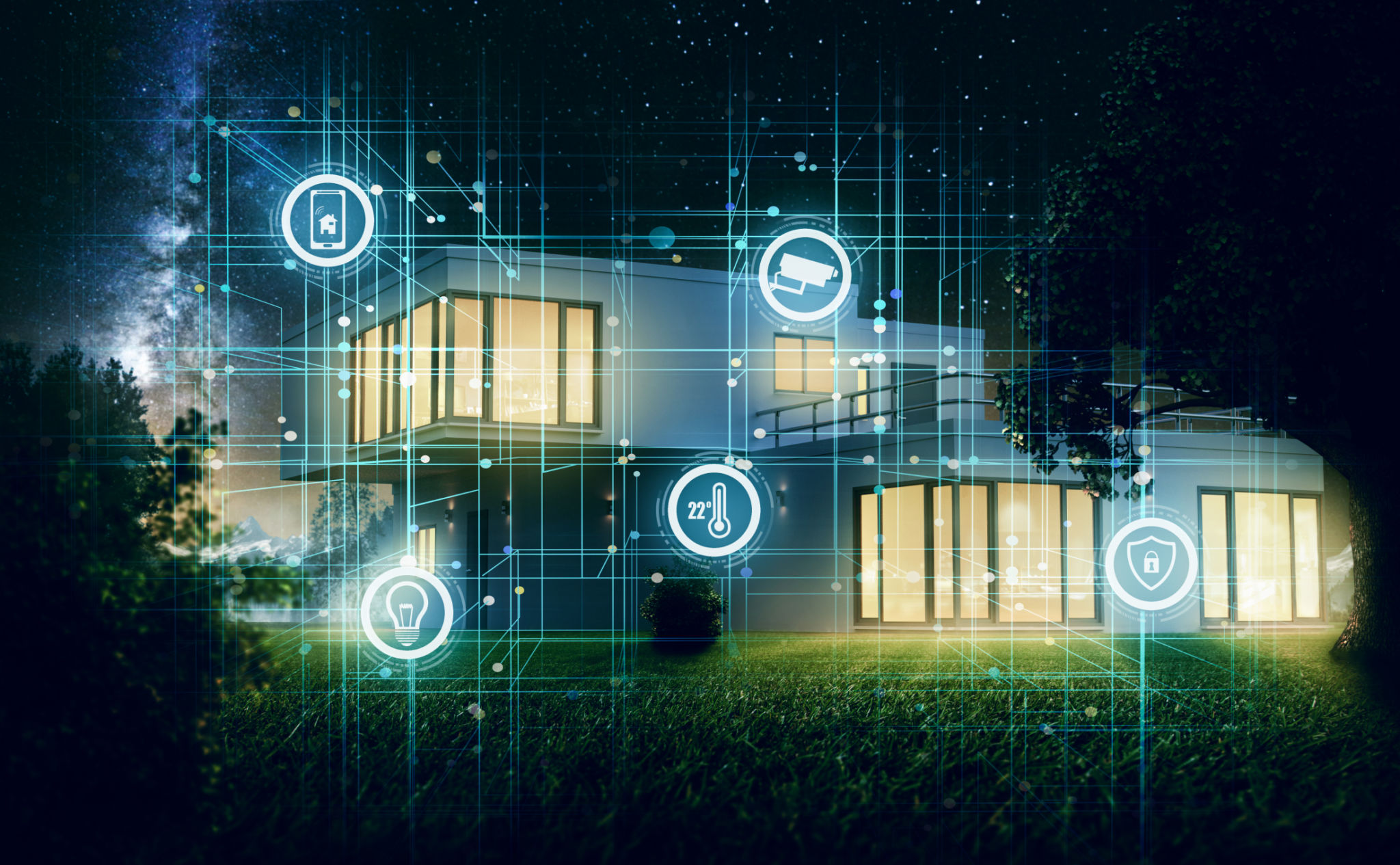Comparing Security Systems: Which One is Right for You?
Sa
Understanding Your Needs
Choosing the right security system for your home or business requires a thorough understanding of your specific needs. Are you looking to protect a small apartment or a large commercial space? Do you need basic surveillance, or are you interested in advanced features like remote access and smart home integration? Addressing these questions can help narrow down your options and ensure you select a system that offers the most benefit to you.
For most homeowners, a balance of affordability and functionality is crucial. Small businesses might prioritize scalability, while larger enterprises may focus on comprehensive coverage and integration with existing security infrastructure. Considering these factors will help guide your decision-making process.

Types of Security Systems
Security systems come in various forms, each with its own set of features and benefits. Here are some of the most common types:
- Wired Systems: Reliable and less susceptible to interference, but installation can be complex and costly.
- Wireless Systems: Easier to install and often more flexible, although they might face connectivity issues.
- Monitored Systems: Provide 24/7 surveillance through a professional service, offering greater peace of mind.
- Unmonitored Systems: Typically involve alarms and notifications directly to the owner, offering more control but requiring self-monitoring.
Key Features to Consider
When comparing security systems, it's crucial to consider the features that matter most to you. Some key features to evaluate include:
- Cameras: Resolution quality, night vision capabilities, and range are essential aspects to consider for effective surveillance.
- Sensors: Motion sensors, door/window sensors, and glass break detectors can offer comprehensive security coverage.
- Smart Home Integration: The ability to connect with other smart devices can enhance both convenience and security.
- Mobile Access: Remote access through a smartphone app can provide real-time alerts and control from anywhere.

Budget Considerations
Budget is often a decisive factor in choosing a security system. It's important to weigh the initial cost against long-term expenses such as maintenance, monitoring fees, and potential upgrades. While a more affordable system might seem appealing upfront, it could lack essential features or require costly add-ons over time.
Conversely, investing in a high-quality system may provide more comprehensive coverage and durability, reducing the need for frequent replacements or repairs. Consider what aspects are non-negotiable in your security needs and allocate your budget accordingly.
User Experience and Ease of Use
The user experience can significantly impact your satisfaction with a security system. Look for systems known for intuitive interfaces, straightforward installation processes, and responsive customer support. A complicated system may lead to user errors or reduced effectiveness, undermining your overall security efforts.

Making the Final Decision
Once you've assessed your needs, researched types of systems, evaluated key features, and considered budget constraints, it's time to make a decision. Remember that the best security system is one that aligns with your unique requirements while offering reliable protection and ease of use.
If you're still uncertain, consulting with a security professional can provide additional insights and recommendations tailored to your specific situation. Ultimately, investing time in research and consideration will help ensure you choose the right security system for your needs.
